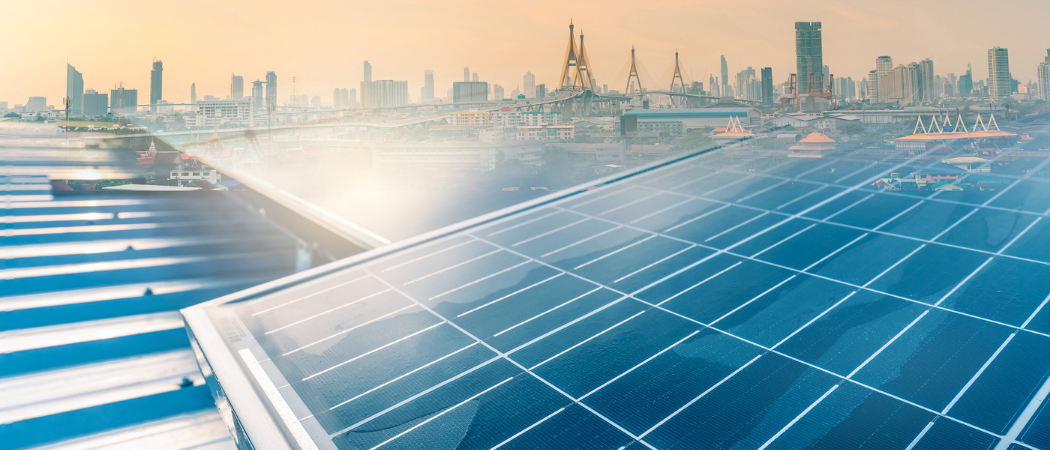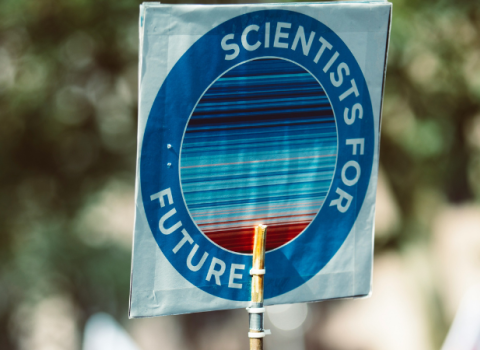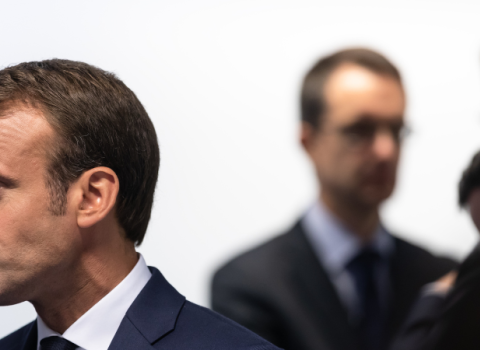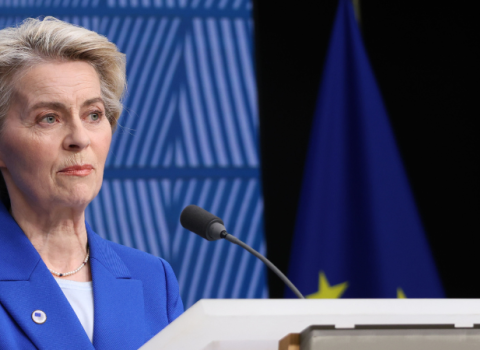The 15-year-old plan to help Europe transition to cleaner energy sources has been updated to match new climate objectives. Now, the industry says it needs political commitment to make an impact

Europe’s Strategic Energy Technology (SET) plan to bring countries and companies together to develop technologies that will drive the transition to clean energy needs more political visibility and clout, according to Ivan Matejak, operations manager at the European Energy Research Alliance (EERA), which acts as the research pillar of the SET Plan.
He wants to see the SET steering group – the decision-making body involving member state representatives – given more political power and visibility so that “what [they] decide is better implemented in national legislation in a more efficient way”.
Matejak was commenting after the European Commission last week announced revisions to the now-15-year-old plan, hoping to breathe in fresh life and to take into account new 2030 and 2050 energy and climate goals.
While these revisions are welcome, the SET plan needs to be more prominent in national and European energy policy discussions, Matejak said. He believes it has not been taken seriously enough on a political level due to its inherent nature. “The answer is in the name; it has been focused on technological priorities, and not also on the political ones,” he said.
The Commission’s revisions do acknowledge the need for the SET plan to have a new governance model and for the steering group to have more legitimacy. It suggests upgrading it to the status of an expert group, giving it more control over the strategic direction of the development and implementation of the plan.
“A higher level of political support and commitment to the SET plan will ensure better consistency between various national actions, and mobilise and leverage more investments for research into, and development and deployment of clean energy technologies, by both the public and private sector,” the Commission said.
The Commission has called on the European Parliament and the Council to agree to its proposals to strengthen the mandate of the SET plan.
For Matejak, the revisions bring the plan up to date on paper. The trick will be in translating this. “I would say we have the [Commission] communication that defines new targets and the structure to support it, now let’s see how it is going to be translated into revised implementation plans, because what is written there has to be translated into concrete actions,” he said.
Energy challenge
The SET plan was set out in 2007 as a roadmap to tackle energy challenges through collaborations on research and innovation, and the acceleration of technologies, such as solar, wind, bioenergy, hydrogen and carbon capture. Today, 30 countries are signed up to the plan – the EU 27, Iceland, Norway and Turkey.
Since the SET plan was revised in 2015 various new energy targets and corresponding policies have been introduced. The 2019 European Green Deal and the 2021 Climate Law set out ambitions such as reducing the EU’s greenhouse gas emissions by 55% compared to 1990 levels by 2030, and becoming the world’s first climate-neutral continent by 2050.
Additionally, the 2022 REPowerEU plan was brought in to help speed up the 2030 objectives following an energy crisis sparked by Russia’s invasion of Ukraine. The EU also brought in the Critical Raw Materials Act and the Net-Zero Industry Act since the 2015 SET plan update, leaving it out of kilter with current objectives.
The Commission’s revisions generally take these factors into consideration and propose that the SET plan is better used to inform the strategies and legislation associated with these various acts.
It also proposes the inclusion of new cross-cutting issues in the plan, such as societal needs, digitalisation and circularity. This is an important update, according to Matejak.
He says the plan is vital for Europe. “Without the SET plan we would not have reached the level of technological development and deployment of renewables that we have today,” he said. If Europe wants to achieve its climate goals, then the plan will be fundamental to that process, especially as it pushes for greater collaboration on R&I in the energy sector.
While the EU has signficantly increased production of energy from renewable sources, there has been an increase in energy demand, meaning that the share of renewables in the energy mix has remained the same since 1990. Reducing energy consumption is crucial if Europe wants to become climate neutral by 2050.
“This is why we need to work on new technologies to reach the EU’s 2030 and 2050 targets,” Matejak said. “While for the former we have to improve existing technology, for the latter, we still have to develop it.”
Another crucial task for Europe is increasing the newer EU member states’ participation in SET plan activities. The so-called EU-13, those that joined the bloc after 2004, often lag in their capacity to manage the transition to green energy.
“This needs to change,” Matejak said. “The Commission wants dedicated activity within the SET plan to boost the capacity building of newcomers – their participation is not just a question of money, there are deep structural issues that make them more detached from the energy transition.”
The 17th SET plan Conference will take place in Barcelona on 13 and 14 November, where the revamped plan will be discussed.





 A unique international forum for public research organisations and companies to connect their external engagement with strategic interests around their R&D system.
A unique international forum for public research organisations and companies to connect their external engagement with strategic interests around their R&D system.